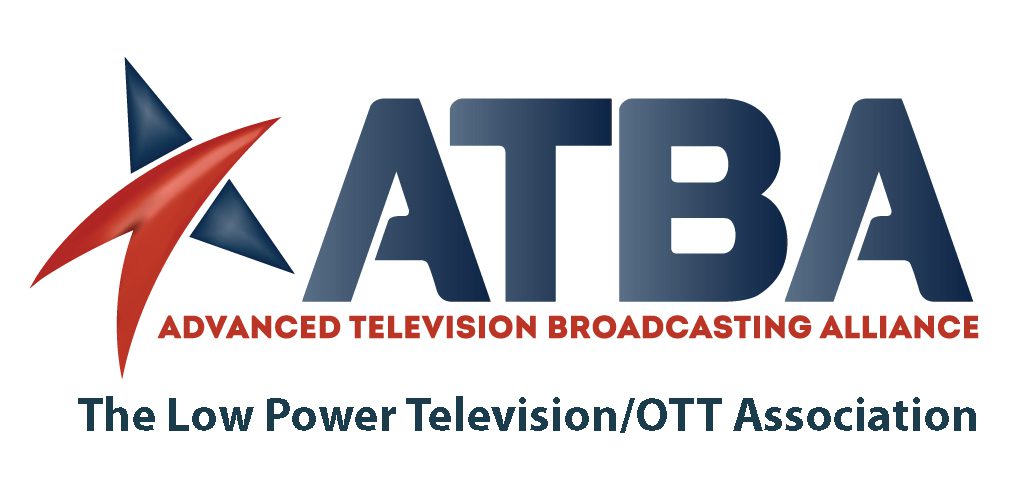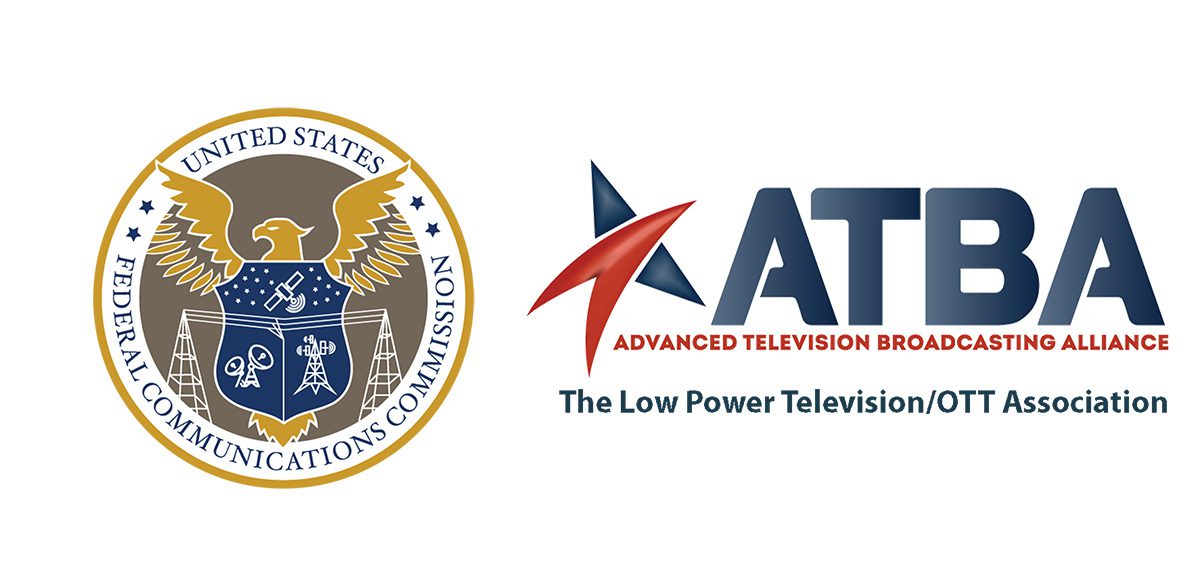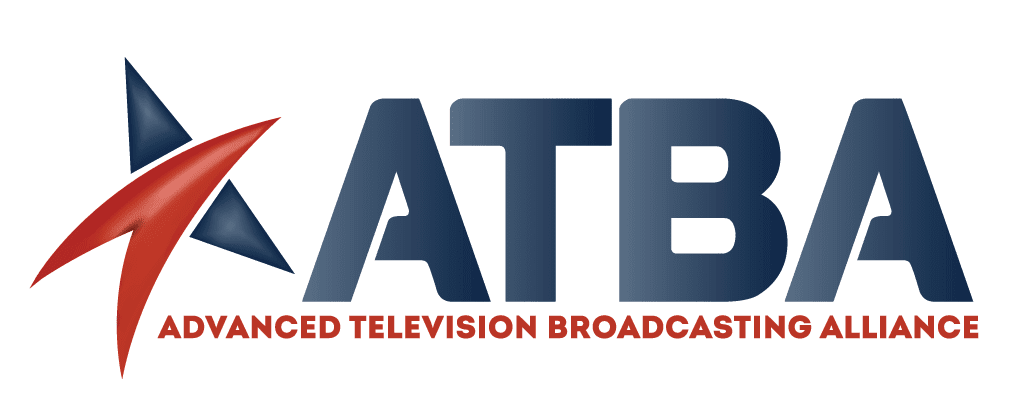From the Ex Parte filing –https://www.fcc.gov/ecfs/search/search-filings/filing/102100278029797
On February 8, 2023, the Executive Director of the Advanced Television Broadcasting Alliance (“ATBA”)1, Lee Miller, the Chairman of the ATBA, Robert Folliard, and the undersigned, as outside counsel to the ATBA, met by videoconference with Media Bureau Chief and Legal Advisor to the Chairwoman Holly Saurer, Deputy Media Bureau Chief Hillary DeNigro, Associate Media Bureau Chief Evan Morris, Policy Division Chief Maria Mullarkey, Video Division Chief Barbara Kreisman, Associate Video Division Chief Mark Colombo, and Attorney Advisors Evan Baranoff, Kim Matthews, and Shaun Maher.
During the meeting, the representatives of the ATBA expressed their appreciation for the FCC’s efforts to support the LPTV industry through the digital transition and repack and discussed the opportunities for future collaboration on matters including implementation of the Low Power Protection Act, creating opportunities for major modifications of existing LPTV stations and new LPTV construction permits, and expediting the transition to the next generation television standard, ATSC 3.0.
The ATBA representatives strongly encouraged the Commission to provide additional flexibility to allow stations to relocate. It has been decades now since the Commission accepted applications for new LPTV stations or major modifications to existing LPTV stations in some areas. In April 1996, the FCC accepted applications for LPTV stations to move the location of their antenna up to 40 miles (64.4 kilometers).2 Since that window, the Commission has only accepted applications for new LPTV or TV translator stations or for major changes in rural areas. Specifically, in the summer of 2000, the Mass Media Bureau accepted applications for new construction permits and for major changes in existing facilities, but only where the antenna site coordinates were located more than 75 miles (121 kilometers) from major cities.3 Then, in a June 29, 2009 Public Notice, the Media Bureau announced that it would: (1) accept applications for new digital-only LPTV and TV translator stations and for major changes to existing analog and digital LPTV and TV translator facilities in rural areas; and (2) provide a subsequent opportunity for applications new digital-only LPTV and TV translator stations and major
modifications to existing analog and digital stations, without geographic restriction.4 After
accepting applications for rural areas, however, the Bureau postponed, indefinitely, the
nationwide opportunity, citing the release of the National Broadband Plan and the forthcoming incentive auction.5
As a result, many LPTV stations remain frozen in time, serving areas that may have made
sense in 1996 but do not reflect population and technological trends over the past 25 years or changes to full power television service in those areas – particularly in the aftermath of the incentive auction and in anticipation of the transition to ATSC 3.0. The ATBA representatives asked the FCC to move promptly on a window for new facilities changes as the digital transition and post-incentive auction repack comes to a close.
Finally, the ATBA representatives expressed their support for the creation of an FCC ATSC 3.0 task force. The representatives explained that television stations, including LPTV stations, are transitioning to ATSC 3.0 at a rapid pace. However, regulatory and technological hurdles are preventing consumers from experiencing the full benefits of this next generation television standard. The support of the Commission will play a critical role in overcoming these obstacles and ensuring that the transition proceeds in a manner that allows free over-the-air television to thrive and unleashes the many consumer benefits ATSC 3.0 can offer.
1 The ATBA is the low power television/OTT association. Originally known as the Coalition for Free TV and Broadband, the ATBA has been a leading advocate for the LPTV industry for decades.
2 Low Power Television and Television Translator Filing Window From April 22, Through April 26, 1996, Public Notice of Filing Window, 61 FR 11840 (MB 1996).
3 Notice and Filing Requirements Regarding July 31 through August 4, 2000 Limited Low Power Television/Television Translator/Class A Television Auction Filing Window. Public Notice, DA 00-1383 (MMB rel. June 23, 2000).
4 See Commencement of Rural, First-Come, First-Served Digital Licensing, Public Notice, DA 09- 1487, 24 FCC Rcd. 8911 (MB 2009).
5 Initiation of Nationwide, First-Come, First-Served Digital Licensing for Low Power Television and TV Translator Services Postponed Until Further Notice, Public Notice, 25 FCC Rcd. 8179 (2010)









